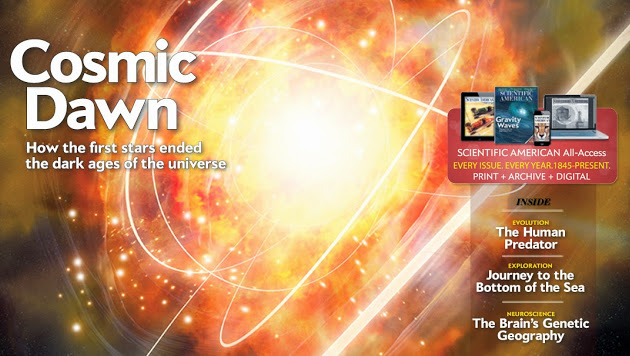Scientific American
Shared publicly -Extreme weather in arctic communities proves dangerous to people as well as animals.
51
7




67 comments
Lawrence Adams
+
1
2
1
2
1
+Rich White I read the article,and what they are saying is that records and"near records" are being set. This means that in the past,similar events took place,so this event is nothing new. They mention 1920,the hottest year on record in the US. This was before millions of cars were on the roads,before air conditioning and many of the things that the"Scientists" blame "global warming" on. I noticed that it was mentioned that the buildings in the area were in sludge and debris flow areas,meaning that this isn't the first time that this has happened.
Add a comment...

























































